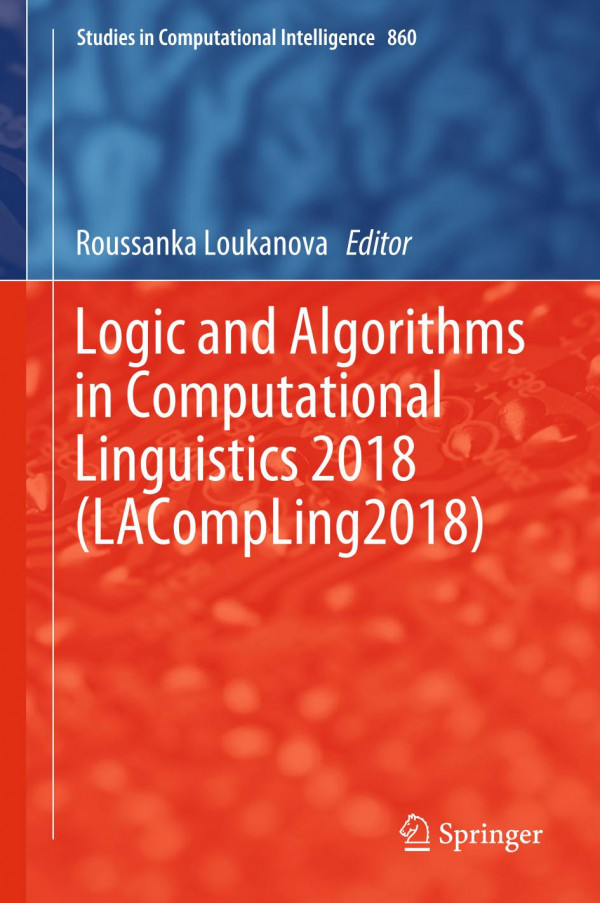

Most ebook files are in PDF format, so you can easily read them using various software such as Foxit Reader or directly on the Google Chrome browser.
Some ebook files are released by publishers in other formats such as .awz, .mobi, .epub, .fb2, etc. You may need to install specific software to read these formats on mobile/PC, such as Calibre.
Please read the tutorial at this link: https://ebookbell.com/faq
We offer FREE conversion to the popular formats you request; however, this may take some time. Therefore, right after payment, please email us, and we will try to provide the service as quickly as possible.
For some exceptional file formats or broken links (if any), please refrain from opening any disputes. Instead, email us first, and we will try to assist within a maximum of 6 hours.
EbookBell Team

4.8
94 reviewsThis book focuses mainly on logical approaches to computational linguistics, but also discusses integrations with other approaches, presenting both classic and newly emerging theories and applications.Decades of research on theoretical work and practical applications have demonstrated that computational linguistics is a distinctively interdisciplinary area. There is convincing evidence that computational approaches to linguistics can benefit from research on the nature of human language, including from the perspective of its evolution.
This book addresses various topics in computational theories of human language, covering grammar, syntax, and semantics. The common thread running through the research presented is the role of computer science, mathematical logic and other subjects of mathematics in computational linguistics and natural language processing (NLP). Promoting intelligent approaches to artificial intelligence (AI) and NLP, the book is intended for researchers and graduate students in the field.